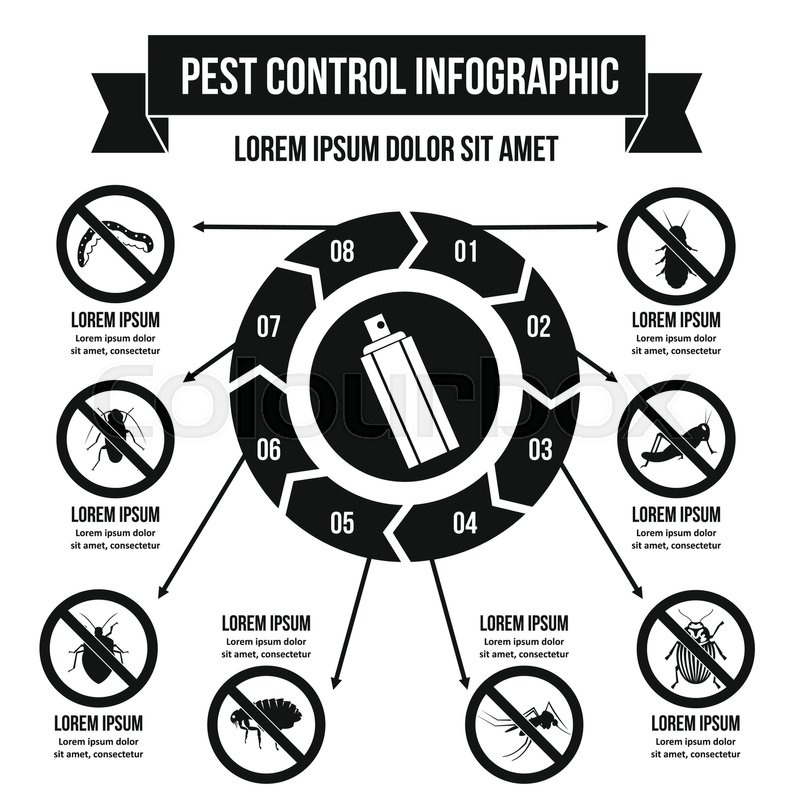Pest-Proofing Your Yard: Tips For Maintaining Outdoor Parasites At Bay
Pest-Proofing Your Yard: Tips For Maintaining Outdoor Parasites At Bay
Blog Article
Produced By-Walters Medeiros
Imagine your yard as a refuge, an area of tranquility and elegance. Nonetheless, the visibility of outdoor bugs can promptly interrupt this picturesque image. What happens if there were simple yet efficient ways to keep these unwanted site visitors at bay and protect your yard oasis? By following a couple of practical pointers and implementing natural techniques, you can develop an unified exterior space where your plants can grow uninterrupted.
Natural Insect Deterrents
To keep bugs far from your garden naturally, plant aromatic natural herbs like mint and lavender. https://ratremovalfromgarden51738.blogsuperapp.com/32516085/house-parasites-you-may-not-even-understand-exist-can-posture-health-risks-to-you-and-your-family-members include charm to your yard however additionally act as effective bug deterrents. check out the post right here like mosquitoes, flies, and even some garden-damaging bugs are pushed back by the strong fragrances sent out by these natural herbs. Just placing them purposefully around your garden can assist create a natural barrier versus undesirable pests.
In addition to mint and lavender, consider planting other herbs like rosemary, basil, and lemongrass to even more boost your yard's pest-proofing capacities. These herbs not just function as all-natural repellents however likewise have actually the added benefit of working in food preparation or crafting home made treatments.
Strategic Plant Placement
Think about the format of your yard and the sorts of plants you have to tactically place them for maximum pest-proofing performance.
Beginning by grouping plants with comparable resistance to pests with each other. By doing this, you can produce a natural barrier that deters bugs from spreading out throughout your yard.
Furthermore, putting pest-repelling plants like marigolds, lavender, or mint near more vulnerable plants can aid shield them. High plants, such as sunflowers or corn, can work as a shield for shorter plants versus pests like rabbits or ground-dwelling insects.
Keep in mind to leave sufficient room in between plants to enhance air flow and reduce the threat of illness that pests might carry.
Moreover, think about growing https://how-to-remove-raccoons-fr27160.bloggerswise.com/39080027/handling-an-insect-problem-steps-for-emergency-pest-control -smelling herbs like rosemary or basil near susceptible plants to puzzle pests' senses and make it harder for them to situate their targets.
Effective Pest Control Methods
For combating garden parasites successfully, implementing a multi-faceted insect control strategy is essential. Beginning by encouraging natural killers like birds, ladybugs, and hoping mantises to assist maintain pest populations in check. Introducing plants that bring in these helpful bugs can help in pest control. Furthermore, practicing action pest control by getting rid of debris and weeds where insects might hide can make your yard much less friendly to unwanted site visitors.
Think about using physical barriers such as row cover textiles or netting to safeguard susceptible plants from bugs like caterpillars and birds. Using natural chemicals like neem oil or insecticidal soap can also be effective against certain pests while being less harmful to valuable pests and the setting. It's important to revolve your crops each season to prevent the accumulation of insect populations that target certain plants.
Regularly inspect your plants for signs of bug damage so you can do something about it quickly. By integrating these techniques and remaining cautious, you can successfully control yard parasites and delight in a successful, pest-free garden.
Verdict
So, there you have it - with the best strategies, you can maintain pesky outdoor pests away from your garden and help your plants thrive.
Did you understand that planting mint has been shown to push back insects and other insects, lowering the need for hazardous pesticides by approximately 60%?
By including natural deterrents and wise planting strategies, you can produce an attractive and pest-resistant yard sanctuary for you to enjoy.
